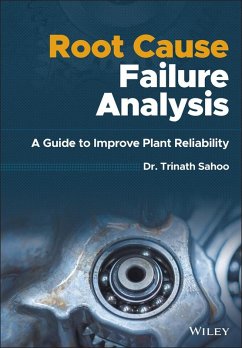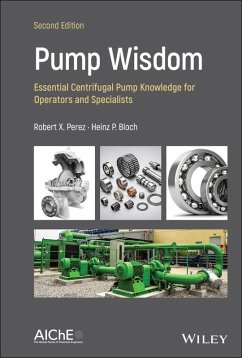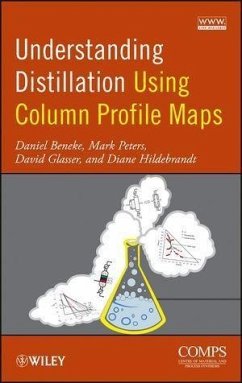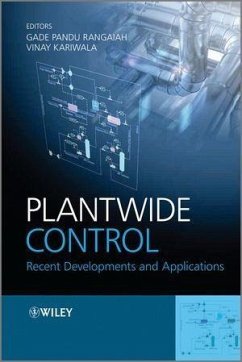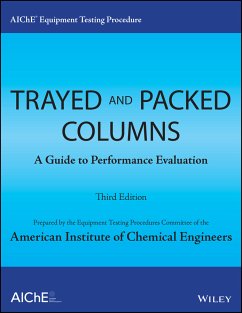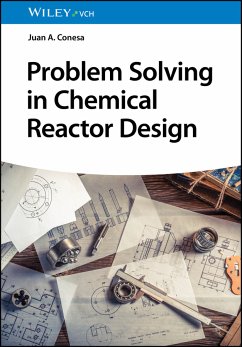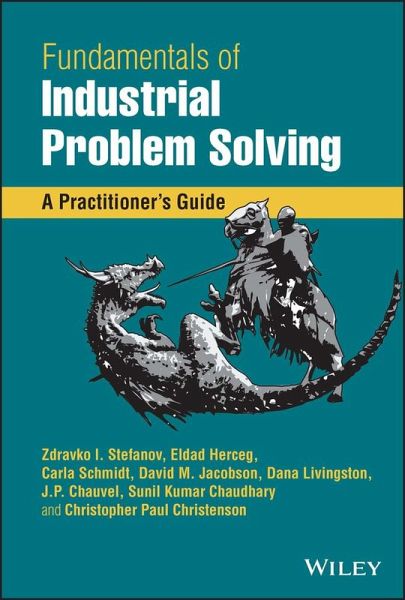
Fundamentals of Industrial Problem Solving (eBook, ePUB)
A Practitioner's Guide
Versandkostenfrei!
Sofort per Download lieferbar
123,99 €
inkl. MwSt.
Weitere Ausgaben:

PAYBACK Punkte
0 °P sammeln!
Teaches Readers How to Apply a Structured Problem-Solving Methodology for Industrial Fields Based on Sound Scientific Principles As modern industrial processes have become increasingly complex, complicated multi-factor problems have emerged. These complex problems end up costing companies millions of dollars every day. Existing problem-solving techniques are only effective to a certain point. This book provides a solution to a myriad of industrial problems by using first principles and rigorous hypothesis testing. Key topics covered within the work include: * How to use the latest research, ad...
Teaches Readers How to Apply a Structured Problem-Solving Methodology for Industrial Fields Based on Sound Scientific Principles As modern industrial processes have become increasingly complex, complicated multi-factor problems have emerged. These complex problems end up costing companies millions of dollars every day. Existing problem-solving techniques are only effective to a certain point. This book provides a solution to a myriad of industrial problems by using first principles and rigorous hypothesis testing. Key topics covered within the work include: * How to use the latest research, advanced modeling, big data mining, analytical testing, and many other techniques to systematically create and test hypotheses surrounding why a process is malfunctioning * How to use scenario development to frame a team's understanding of why a process is malfunctioning * How to approach today's lack of experienced industrial workers, whose failure to approach problem solving from first fundamentals are causing myriad of inefficiencies in industry * How to use multiple methodologies together with an emphasis on first principles and mechanistic math modeling as a basis to industrial problem solving Engineers of any discipline working in both research and development of manufacturing environments, along with professionals in any industrial discipline looking to reduce costs will be able to use this work to both understand and pragmatically solve the pressing issues we see in today's industrial market.
Dieser Download kann aus rechtlichen Gründen nur mit Rechnungsadresse in A, B, BG, CY, CZ, D, DK, EW, E, FIN, F, GR, HR, H, IRL, I, LT, L, LR, M, NL, PL, P, R, S, SLO, SK ausgeliefert werden.





